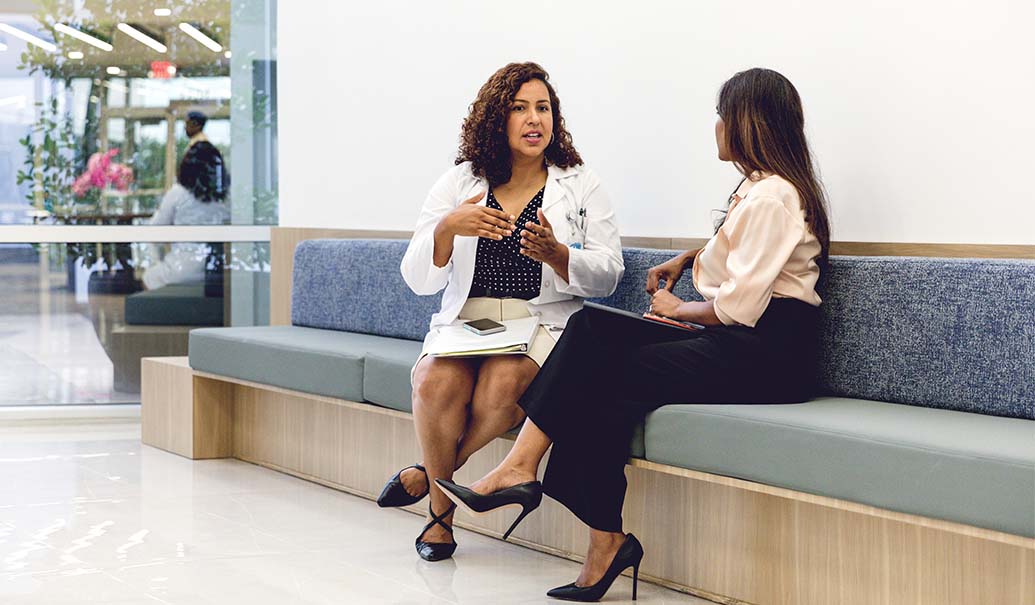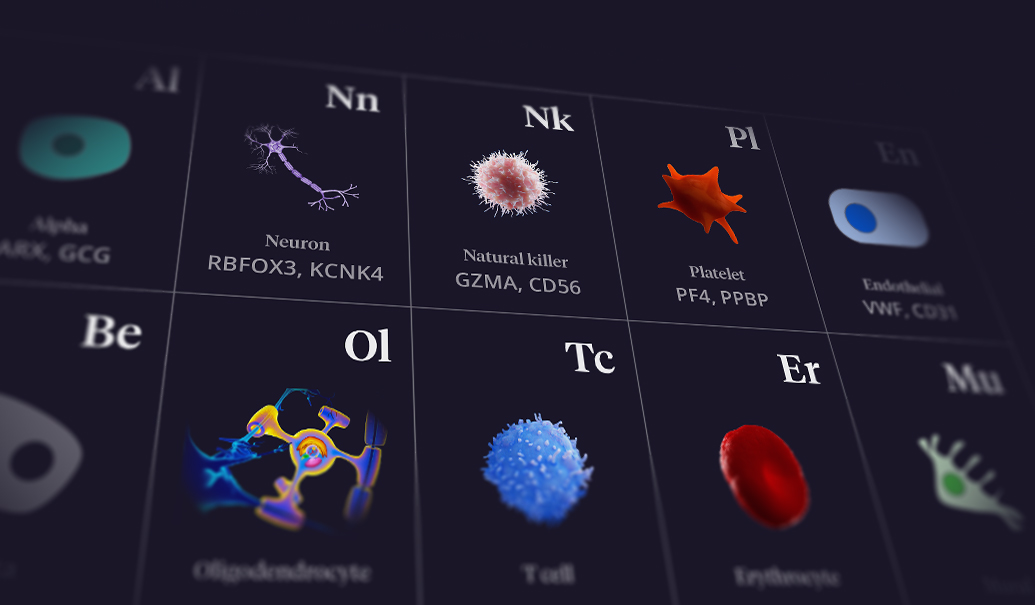Additional contributions to this article came from Ashton Harper, head of medical affairs, Roche Diagnostics U.K. and Ireland.
Medical affairs professionals often discuss how the function can join R&D and the commercial team as a pillar of the pharmaceutical organization—but what if it can be even more? ZS’s head of medical excellence, Andy Higgins, recently spoke with Ashton Harper, head of medical affairs for Roche Diagnostics U.K. and Ireland, and Bora Erdemli, head of ZS’s medical affairs practice in Europe, to hear how medical affairs teams are fulfilling their roles as connectors to their pharmaceutical organizations, other organizations and the healthcare ecosystem and society at large.
Read a summary of the conversation below that explores how medical affairs can be the connector the healthcare ecosystem needs.
Andy Higgins: Medical affairs is often seen as an emerging pillar of the organization, but in the upcoming ZS 2023 medical affairs outlook report, only 13% of medical affairs personnel rated their organizations as best in class. We believe the function’s future is as a connector between various stakeholder groups within the healthcare ecosystem that work together to drive better outcomes for patients. What comes to mind when you think of medical affairs as a connector of the healthcare ecosystem?
Ashton Harper: We are incredibly diverse by nature and in what we do, and truly are connectors. We represent the voice of patients and physicians internally and work closely with our colleagues in business development, market access, public affairs, commercial and more.
Bora Erdemli: For me, it’s the role medical affairs plays as the glue between an idea or an innovation and the meaningful difference that innovation makes in a patient’s life. Medical affairs professionals are able to play this role because of their credibility, genuine interest in others and ability to build trust. The function needs to broaden its focus from being patient-centered to people-centered. Patients will always be the top priority, but we can also help solve some of healthcare’s bigger challenges.
Andy: When thinking about the different ways medical affairs can play this connector role, it seems there are three dimensions: Connecting within an organization, connecting organizations and connecting across the healthcare ecosystem. Ashton, would you talk about how Roche connects within the organization?
Ashton: Sure. Having both pharma and diagnostics businesses under one roof enables us to pursue “One Roche” initiatives that draw on expertise across divisions. The goal for these initiatives is to ensure our teams are effectively connected so they can approach diseases that have unmet needs in both diagnosis and management.
One recent example is Alzheimer’s disease. In April 2022 we established a One Roche diagnostics strategy working group that included members from both diagnostics and pharma divisions, as well as medical affairs, market access, strategic insights and marketing. We also included a health economist. The objective was to define our three-year diagnostic strategy for the U.K.
From there, in regular meetings we explored patient pathways, clinical evidence generation, National Health Service (NHS) access and infrastructure and requirements for training and education. This work culminated in the development of a strategy document that enabled us to rapidly map out current NHS patient pathways, establish local evidence requirements and ultimately develop a diagnostic strategy that gained approval from senior management.
Andy: That sounds like a true team effort and a successful, accelerated initiative. Bora, would you share an example of how industry partners worked together to connect across the full healthcare ecosystem?
Bora: Absolutely. COVID-19 created an urgent need to strengthen the communication and collaboration between patients, the patient advocacy community and the full healthcare ecosystem. It was exciting to see how Bristol Myers Squibb and GRYT Health launched a virtual patient advocacy platform called the COVID Advocacy Exchange to enhance resource and insight sharing, networking and collaboration among patient advocacy groups (PAGs) during the pandemic emergency.
Between May 2020 and April 2021, 31,000 visitors from 139 countries visited the COVID Advocacy Exchange. The exchange allowed Bristol Myers Squibb and GRYT Health to more easily hear the needs of patient advocates, and the two organizations created working groups to address key healthcare ecosystem challenges around health disparities, access to care, understanding the patient’s voice and patient-focused drug development.
The COVID Advocacy Exchange was such a success that in June 2021 the two organizations announced the creation of a broader Advocacy Exchange, as they aimed to create a sustainable platform for patient advocacy groups to access educational resources, collaboration opportunities and best practices.
Andy: It’s inspiring to hear how these two organizations collaborated to connect with patients. What skills and competencies do you think are needed to drive these kinds of connections?
Bora: Medical affairs professionals are highly skilled and knowledgeable, and without their level of talent, these connections would not be possible. One area that is absolutely fundamental is scientific leadership. Having said that, trust is the core of being a connector and partner in the healthcare ecosystem. Credibility is a critical component, but not enough. Medical affairs professionals must grow their skills to build deeper connections, so they can understand a potential partner’s broader challenges and help solve them. They can do this by listening, identifying common goals and joining their partner in the trenches. Committing to this work will lead to strong and sustainable partnerships.
Ashton: Bora, that’s a good point about scientific expertise. Without medical affairs professionals having that scientific expertise, it’s much harder to establish trust. Given our goals in medical affairs—which include generating compelling data and ensuring stakeholders have the right information to make the best decisions for patients—our external stakeholders must trust us and believe in this mission.
Andy: Well said, Ashton. Trust is so important. I would also note this idea of medical affairs as a connector requires practitioners to be integrators who can adapt quickly. There’s value in being able to go between various stakeholders and foster connections and partnerships—this talent often goes unrecognized and is undervalued. Medical affairs professionals rightly emphasize scientific expertise, but to elevate and connect across healthcare, medical affairs leadership needs to seek out, identify, recognize and reward those who serve as a bridge across stakeholders.
Medical affairs is uniquely positioned to connect various stakeholders across healthcare. Whether it’s within an organization, across organizations or even the entire ecosystem, medical affairs should continue its strong capabilities in scientific leadership, maintain its trusted and objective position and rapidly accelerate its ability to integrate, adapt and bolster communication internally and externally.
Add insights to your inbox
We’ll send you content you’ll want to read – and put to use.














